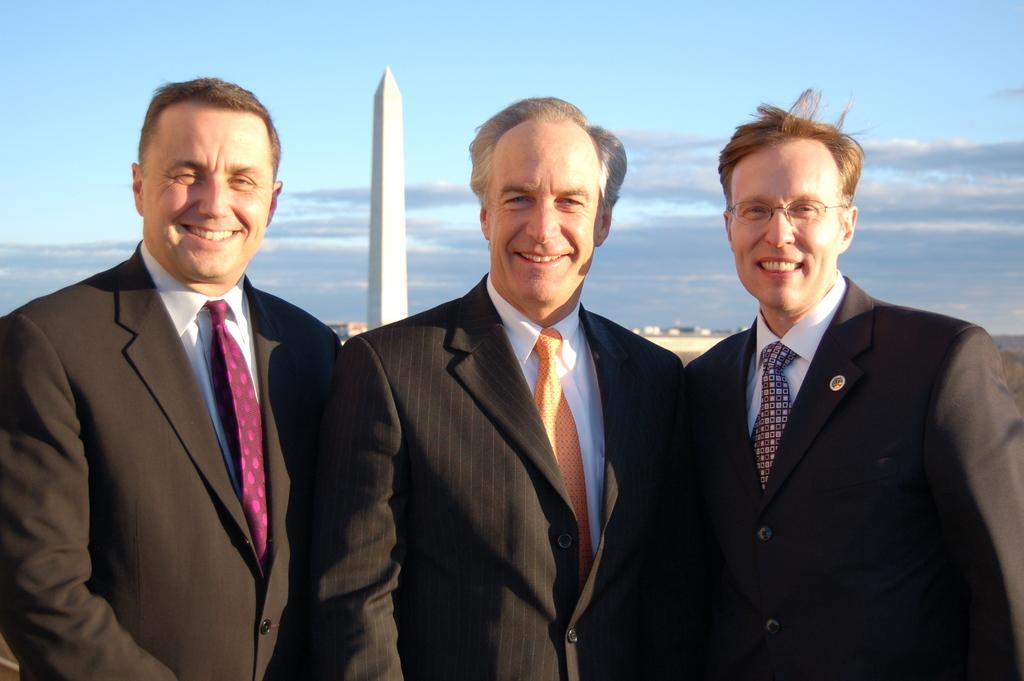In the high-stakes courtroom drama unfolding in the ongoing COPA trial, all eyes are on the witnesses called to testify – including none other than controversial figure, Craig Wright. As the trial delves into intricate details of past transactions and communications, questions about the accuracy of witnesses’ memories have taken center stage. In a case where every detail matters, the reliability of these crucial testimonies is being put to the ultimate test. Join us as we unravel the complexities of memory recall and its implications in the world of cryptocurrency and law.
Challenges in Recalling Details Under Scrutiny During COPA Trial
During the COPA trial, witnesses testifying on behalf of Craig Wright have faced intense scrutiny regarding their ability to recall details accurately. The challenges of recalling specific events and conversations under pressure have become a focal point of the proceedings, as opposing counsel seeks to cast doubt on the credibility of their testimony.
Under cross-examination, witnesses have been probed about the accuracy of their memories, with attorneys questioning the consistency of their recollections and the reliability of their accounts. Memory lapses, inconsistencies, and discrepancies have all been subject to scrutiny, highlighting the difficulties of accurately recalling details in a high-stakes legal setting.
As the trial progresses, witnesses are finding themselves under increasing pressure to provide coherent and consistent testimony, despite the challenges of recalling specific details from events that may have occurred years ago. The intense focus on memory accuracy underscores the critical role that eyewitness testimony plays in legal proceedings, as both sides seek to present their versions of events in the most compelling light.
Factors Influencing Witness Memory Accuracy in Craig Wright Case
As the COPA trial concerning Craig Wright continues, witnesses are being called upon to testify about their memories of events surrounding the case. However, the accuracy of witness memory has become a key point of contention, with factors such as bias, suggestibility, and the passage of time all playing a role in how accurately witnesses recall details.
One factor influencing witness memory accuracy in the Craig Wright case is the presence of confirmation bias. Witnesses who have a pre-existing belief in Wright’s innocence or guilt may unintentionally alter their memories to fit this belief, leading to potentially inaccurate testimonies. Additionally, the stress and pressure of being involved in a high-profile trial can further impact memory reliability, as witnesses may be more susceptible to suggestion or misinformation.
It is crucial for the court to consider these factors when evaluating witness testimonies in the COPA trial. By understanding the limitations of human memory and the potential influences on its accuracy, a more balanced and just assessment of the evidence can be made. As the case unfolds, the reliability of witness memories will continue to be a central issue that both the prosecution and defense will need to address.
Strategies for Improving Witness Testimony Credibility in Court Proceedings
During the COPA trial, witnesses called by Craig Wright’s legal team faced intense questioning about the credibility of their testimonies. The defense sought to undermine the witnesses’ memories by highlighting inconsistencies in their statements and casting doubt on the accuracy of their recollections.
Strategies for Improving Witness Testimony Credibility:
- Encourage witnesses to be honest and upfront about any uncertainties in their memories.
- Provide training and support to help witnesses accurately recall events and details.
- Utilize corroborating evidence or documents to substantiate the witness’s testimony.
In order to bolster the credibility of witness testimony in court proceedings, it is crucial for attorneys to carefully prepare their witnesses and anticipate potential challenges to their credibility. By implementing effective strategies and techniques, witnesses can present their testimony in a clear, consistent, and reliable manner, ultimately strengthening the case presented in court.
The Importance of Corroborating Evidence in Verifying Witness Testimony
In the ongoing COPA trial involving Craig Wright, witnesses are facing scrutiny over the accuracy of their memories. cannot be understated in such high-stakes legal proceedings. Without solid evidence supporting their claims, witnesses may struggle to convince the court of the truthfulness of their accounts.
Memory is a notoriously unreliable source of information, as it is subject to bias, distortion, and forgetting over time. In the context of the COPA trial, witnesses may be asked to recall events that occurred years ago, making it even more crucial to have corroborating evidence to support their recollections. In the absence of such evidence, the credibility of witness testimony may be called into question.
Corroborating evidence can take many forms, such as documents, photographs, videos, or other witnesses who can attest to the same events. By presenting multiple sources of evidence that support a witness’s testimony, the veracity of their claims can be reinforced and their credibility bolstered in the eyes of the court.
To Conclude
In the end, the truth remains elusive as witnesses grapple with the fallibility of memory in the high-stakes COPA trial surrounding Craig Wright. As the courtroom drama unfolds, one thing is certain – the human mind is a complex and imperfect machine, capable of distortion and manipulation. In the quest for justice, it is essential to navigate the murky waters of memory with caution and scrutiny. Only time will tell how this trial will ultimately unravel, leaving us all questioning the reliability of our own recollections in the face of uncertainty.
